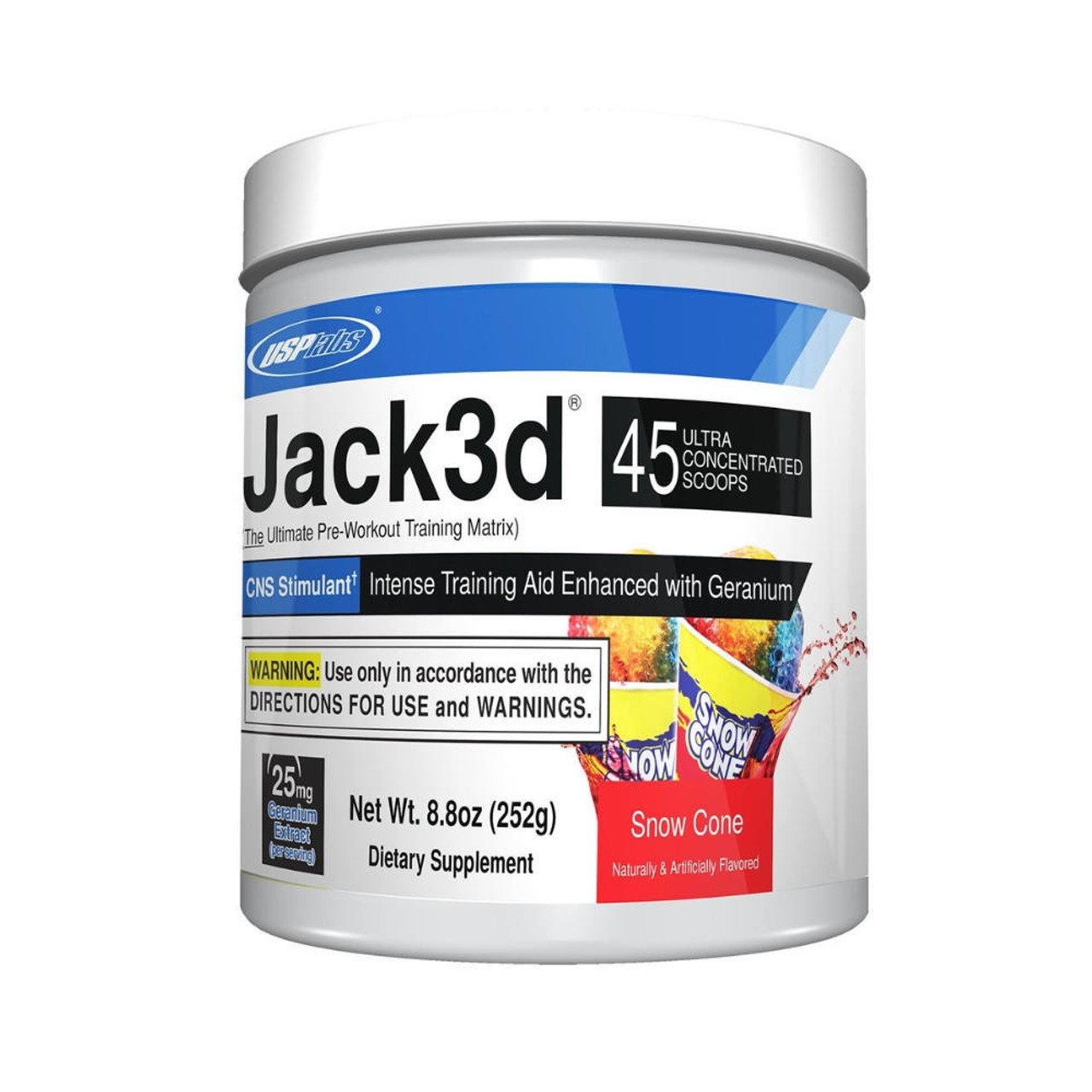With Panera Bread dropping its Charged Lemonade in response to multiple wrongful death lawsuits, it may be time for a stroll down memory lane back to 2013, when an enraptured gym culture felt the side-effects of another nearly unregulated stimulant, Jack3d.
Jack3d (pronounced ‘jacked’) is a caffeinated pre-workout supplement that was banned in the U.S. in 2013 because of the illegal substance, dimethylamylamine (DMAA), though its updated formula sits on store shelves to this day.

NBC News
Three flavor selections for Charged Lemonade with caffeine warning labels.
Scrutiny came upon Jack3d creator, Hi-Tech Pharmaceuticals, with the death of a UK marathon runner in January 2013, who had passed away during a competition after ingesting one scoop, the recommended serving size for the product.
It took 86 reports to the FDA before they banned the substance for good, and only after a lengthy legal battle where the company producing Jack3d fervently insisted the supplement was derived from plants, citing a controversial study from 1996 claiming that trace amounts of geranium oil could be found in DMAA.
Of course, a dissenting Harvard professor, Dr. Pieter Cohen with the Health Alliance retorted “DMAA has nothing to do with nature…That’s an absolute myth perpetuated by the companies selling it,” said Cohen and then compared DMAA to an amphetamine and even a famously banned drug, Ephedra.
The FDA’s initial siege on Hi-Tech Pharmaceuticals pre-workout was merely intended to prove that DMAA was not plant-derived, and therefore, not legally a dietary supplement. Soon after, pre-workout supplements Jack3d, Muscle Warfare Napalm, and Hemo Rage Black were pulled off the shelves until they could change their formulas and rectify their claims.
The damage, it seems, had been done; beyond the recorded deaths, a flock of gym-goers had already taken Jack3d and been exposed to the risks that came with it. To some, the original formula is more of a fond memory than a close call with under-researched stimulants. The culture behind pre-workout supplements even seems to harken back to the spirit of over-consumption and over-exertion in the name of results.
Original formula Jack3d consumer, Sergeant Bradley Johnson reminisced with the Thunderword about using the product during his heydays in the Marine Corps. “I used to workout at like 6 p.m., and would take it then workout hard as f**k for like two and a half hours, then lay in bed awake staring at the ceiling until at least 3 a.m. By far the greatest pre-workout there has ever been”, said Johnson, then he thoughtfully recalled, “[It] had amphetamines in it.”
Though Jack3d is still sold today, the formula went through a drastic rework to soften its impact and make its ingredients akin to a more run-of-the-mill caffeine bomb. Caffeinated drinks are a dime a dozen now, with even candy companies sponsoring different drinks, using every trick in the book to bring stimulants onto every store shelf in the U.S.
Perhaps the U.S.’s own grind culture is the perfect petri dish for this stimulant renaissance to fester, allowing Americans to forgo a healthy sleep schedule in favor of 12 oz of jittered focus to the extent that today, even breakfast food restaurants like Panera Bread find themselves serving powerful caffeine doses like the endangered ‘Charged Lemonade’.
Hopefully the next time a fashionable stimulant catches the world’s attention, consumers will take a step back and take things in moderation and companies will properly vet their products before they become a public health risk. Ironically, the next big caffeine drink could be an ugly wake up call.
**Cam Lyons has been an editor for the Thunderword since 2023. Their short story blog, “Loser Pulp“, is released once a month.

